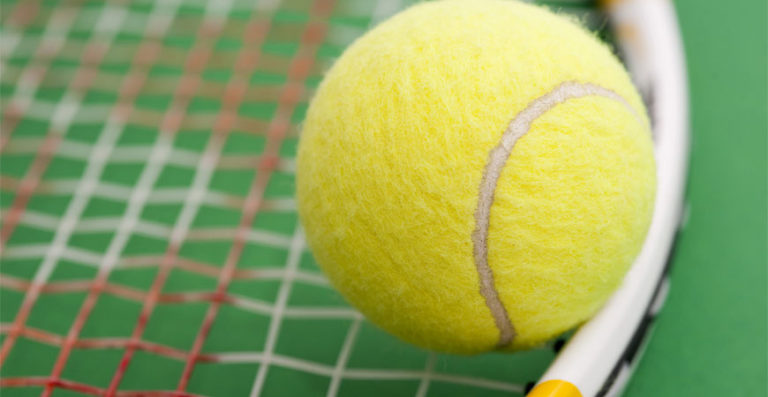

Sexual orientation can and does impact a professional sports career. Athletes face fears and assumptions about homosexuality and gender roles.
For gay and lesbian athletes and coaches, being out of the sporting community may be an isolating and difficult process. Discrimination, abuse, intimidation, and brutality can be directed at gays and lesbians in athletics, as much as in other occupations. According to a recent survey by the Human Rights Campaign, seventy percent of LGBT people do not come out to their peers and coaches when participating in sports. According to the OutSport Survey, eighty-two percent of athletes have heard transphobic or homophobic words in their sport. On the brighter side, athletes who have boldly stuck up for who they and been embraced by their peers and supporters have existed throughout history.
How LGBT Athletes Can Deal with Loneliness
Like all LGBT people, athletes are prone to feelings of loneliness but more so because they have high pressure and high expectation job. A gay athlete may remain in the closet because he or she is afraid of rejection and, as a result, alienation from others. To prevent being shunned by the team or sport, such an individual conceals his or her sexual orientation. The closet is a lonely environment, which the closeted individual is unaware of. Society will welcome him or her as a celebrity, but they are unaware of who they are accepting. In any situation, the knowledge that those surrounding the gay person don’t even know him or her isolates the gay person. As a result, preventing isolation creates yet another type of isolation. Staying in the closet protects them from alienation and separation from others, but it still isolates them from those who would have welcomed them with open arms. A way out of this situation is to sign up on a dating site and engage in some meaningful gay or lesbian online chatting with another person with the same dilemma. Gay people and right-minded straight people welcome and love them when they are out and proud.
LGBT Discrimination and Impacts on Sport
Because of the special and influential role that sports play in our culture, it is important to counter homophobia in sports. Millions of people look up to professional, collegiate, and even high school athletes as role models. Moreover, the lives of these players on and off the field captivate millions of sports fans. As athletes share homophobic views, their unusual and influential positions cause them to pass on this homophobia to those who admire them, whether purposely or unintentionally. In addition, many children participate in sports such as Little League, pee-wee football, baseball, and softball. The homophobic views of their coaches affect these impressionable children. Homophobia and bigotry also harm both gay and lesbian players and coaches. These people shouldn’t have to worry about getting “figured out” and losing their careers, game time, or scholarships.
Famous LGBT Athletes
There is a long tradition of proudly LGBT individuals participating in professional athletics. Women athletes have generally been quicker to come out than males. The explanations for these trends are complicated and debatable, but these are strong signs of human bravery over the last few decades.
Martina Navratilova, a Czech-American tennis player, came out as bisexual in 1981. Navratilova, then a rising star, went on to win a record 167 singles tournaments and establish herself as perhaps the best female tennis player of all time. She claims that bigotry based on her sexual orientation cost her a lot at the time, but that didn’t deter her from speaking out on LGBT issues.
In 2004, LPGA star Rosie Jones came out as a lesbian while also announcing a sponsorship contract with Olivia. This company organizes lesbian-themed cruises and holidays, demonstrating that the financial consequences of outdoing do not have to be all bad.
The women’s US national soccer team won the FIFA Women’s World Cup in 2019, but all eyes were on Megan Rapinoe, the star player and captain. As an openly gay woman, the athlete soon made a name for herself in a series of TV appearances, where she expressed her advocacy for women’s rights and LGBT rights.
Billie Jean King is one of the most well-known tennis players. She won 39 Gram Slam titles during her career, which spanned 1966 to 1975. King was outed as a lesbian in 1981, and her publicists advised her to refute the assertion. But she stood her ground and said that telling the truth was important to her.
Sheryl Swoopes is a three-time Olympic gold medalist and one of the first women to be drafted into the WNBA. She came out as a bisexual in 2005. She said it felt like she was able to exhale after seven or eight years.